
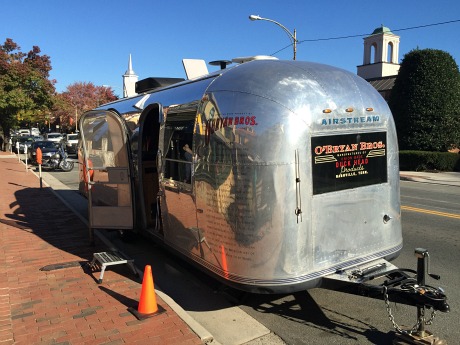
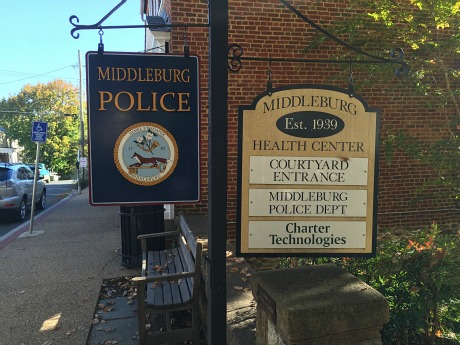

I don’t want to sound mean but Meg Ryan‘s Ithaca, which screened tonight at the Middleburg Film Festival, isn’t good enough to warrant a full review. It was shot too fast (23 days) for too little money in Virginia, and I’m afraid that Ryan’s inexperience sealed its fate. I’m sorry but that feeling when a movie isn’t cutting it is unmistakable. Ithaca lacks tension and at times clarity; it seems under-energized, even amateurish at times. I didn’t care at all for Andrew Dunn‘s cinematography (particularly the framings) and the lazybones editing by John F. Lyons; nor was I taken by Erik Jendresen‘s in-and-out screenplay.

Set during World War II and based on William Saroyan‘s 1943 novel “The Human Comedy“, which began as a script for a same-titled, allegedly sentimental Mickey Rooney movie which opened a month after the book came out, Ryan’s film is basically about small-town residents coping with war-related death and loss.
It focuses on Homer (the good-looking Alex Neustaedter), a teenager working as a part-time telegram delivery guy in Ithaca, a small town in California’s San Joaquin Valley. If you’ve got a son or husband fighting Hitler or the Japs and you see Homer heading towards your home with an envelope in his hand…watch out! Ryan plays Homer’s widowed mom, Tom Hanks her deceased husband (a cameo-sized role, shot in a day) and Sam Shepard is Homer’s grizzled, laid-back boss at the telegraph office.
If Ryan had been content to shoot it simply like an ’80s TV movie it might have been something, but for my money she tries too hard (which first-time directors often do) and lays on the you-don’t-wanna-know. I’m sorry but it’s…fuck it, I don’t want to cause pain or say any more. HE to Ryan: It’s very hard to make a good film — I get that. Try, try again.
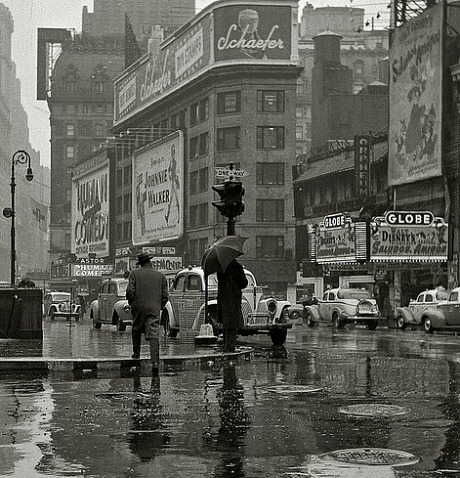
“Repressed sexuality is a major undercurrent in John Frankenheimer‘s Seconds (’66), signaling the sexual revolution movement among middle-class Americans in the 1960s. And so it’s easy to see why Rock Hudson, whose double life was a constant throughout his career despite its widespread knowledge throughout the industry, was drawn to a picture about the manipulation of appearances and the denial of one’s inner self.
“Before John Randolph opts into the program, there’s a bedroom scene where his wife makes her way onto her husband’s separate bed. She offers herself up to him, but he remains cold and unwilling, the moment as unsexy a depiction of middle-aged sexuality as ever to appear in cinema.
“Later, after his transformation into Wilson, Hamilton attends the bacchanalia festival with Nora (Salome Jens) and finds himself uncomfortable in his surroundings. Free spirits disrobe to their nethers and gaily dance about, the frantic cutting of the sequence reflecting Hamilton’s discomfort with his own desire to join them. He stands on the margins, watching, enticed and ashamed for it, until Nora strips and leaps into a grape crushing vat along with countless nude others.
“Finally the crowd gathers him and, though he protests, forces off his clothes; he’s plunged into the vat and covered in grape must. Clinging to Nora, he at last lets go and begins to shout with ecstasy and joy. Hamilton’s sexual repression seems cured, a hopeful idea for Hudson, whose secret could not be so easily or publically freed from its constraints at the time.” — from Brian Eggart’s Deep Focus review, posted on 8.18.12.
I’d be giving serious thought to a second viewing Son of Saul at 2:30 pm if not for the fact that the screening is in Upperville, or about eight miles west of Middleburg…later. I guess I’ll give The Armor of Light a shot, but I can’t imagine being the slightest bit interested in a doc about a conservative, gun-owning evangelical minister (i.e., Reverend Rob Schenck) who “finds the courage to preach about the toll of gun violence in America.” (That takes courage, does it?) I also plan to re-experience Todd Haynes‘ Carol, which I haven’t seen since that Cannes screening five and a half months ago.
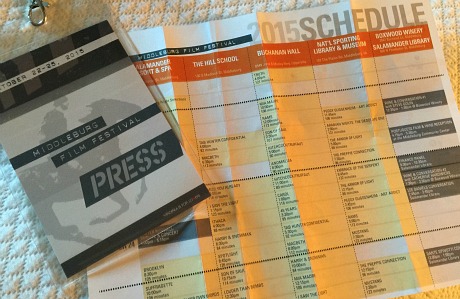
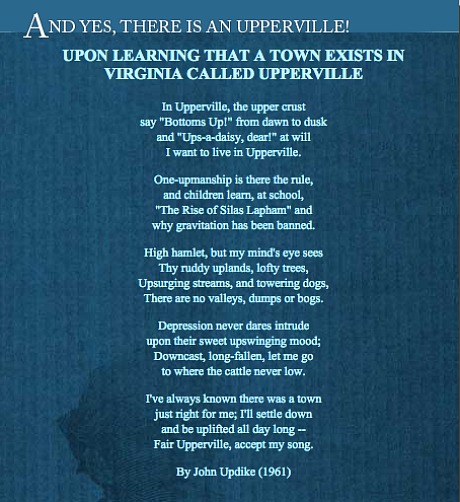
Five and a half weeks ago I caught a Toronto Film Festival screening of David Gordon Green‘s Our Brand Is Crisis, a Sandra Bullock-goes-to-Bolivia political dramedy, and pretty much panned it. It’ll open on 5.30 in the face of critical disdain — 40% Rotten Tomatoes, 60% Metacritic. Here are excerpts from my 9.12 review:


Excerpt #1: “David Gordon Green‘s Our Brand Is Crisis (Warner Bros., 10.30) transforms Rachel Boynton’s same-titled, decade-old documentary into a Sandra Bullock film in much the same way that the once-austere Gravity became a spacesuit-Sandy-in-peril movie for her fans.
Excerpt #2: “Imagine Michael Ritchie‘s The Candidate with Robert Redford still playing Bill McKay but instead of Peter Boyle as his campaign manager you’ve got the spirited and irrepressible but at the same struggling-with-depression Barbra Streisand (half the way she was in What’s Up, Doc?, and half Kuh-Kuh-Katey in The Way We Were), and that’s pretty much what Our Brand Is Crisis is, except it’s set in Bolivia and Redford is played by Joaquim de Almeida.
Excerpt #3: “Over and over and over Bullock gets her closeups in this thing, and she looks so reliably and relentlessly herself in every shot and scene. She’s playing a brilliant political consultant in a sometimes surly, sometimes pratfally way, but Our Brand is Crisis is mainly about the fact that (a) she looks burnt-out sullen and kind of Lauren Bacall-y with her one-size-fits-all deadpan glamour-puss expression, nicely dyed blonde hair and distinctive black-rimmed glasses, and (b) she has a great-looking ass for a woman of any age, let alone her own.
Excerpt #4: “Before people start calling me a sexist pig, understand that at the climax of a completely absurd mountain-road race between two political campaign tour buses, Bullock drops trou and shoves her creamy biege, perfectly-shaved butt cheeks out of a side window, ‘aimed’ at her political opponents who are riding alongside. (It’s called “mooning.”) I would have respected this scene more if Bullock’s ass (or that of the ass model who was hired for this one bit) didn’t look so CG-scrubbed. It looks like a love-doll ass. (And don’t blame me — I’m just describing what I saw.)
Somebody needs to explain how a boilerplate comedy of humiliation works exactly. A feminized, middle-aged stepdad (Will Ferrell) is intimidated and out-swaggered and constantly humiliated by an edgy bike-riding type (Mark Wahlberg) who’s the ex-husband of his wife (Linda Cardellini) and the biological father of the two kids. What kind of person would actually pay to see this? Would it be…what, women who enjoy watching two guys try to out-man or out-father each other? Or Ferrell-like schlumps looking to laugh about the usual frustrations of any suburban dad? Mystifying. Directed and co-written by Sean Anders (We’re The Millers, That’s My Boy), and being released by Paramount on 12.25.
Right away you can sense that John Travolta‘s inhabiting of former O.J. Simpson defense-steam attorney Robert Shapiro is more than a blithe impersonation, and that Ryan Murphy, Scott Alexander and Larry Karaszewski‘s The People vs. O.J. Simpson (FX, February) will probably be a cut or two above. But the best clip by far is the wake-of-the-murder crane shot in which Nicole Brown Simpson’s pet Akita is reacting to what’s just happened.